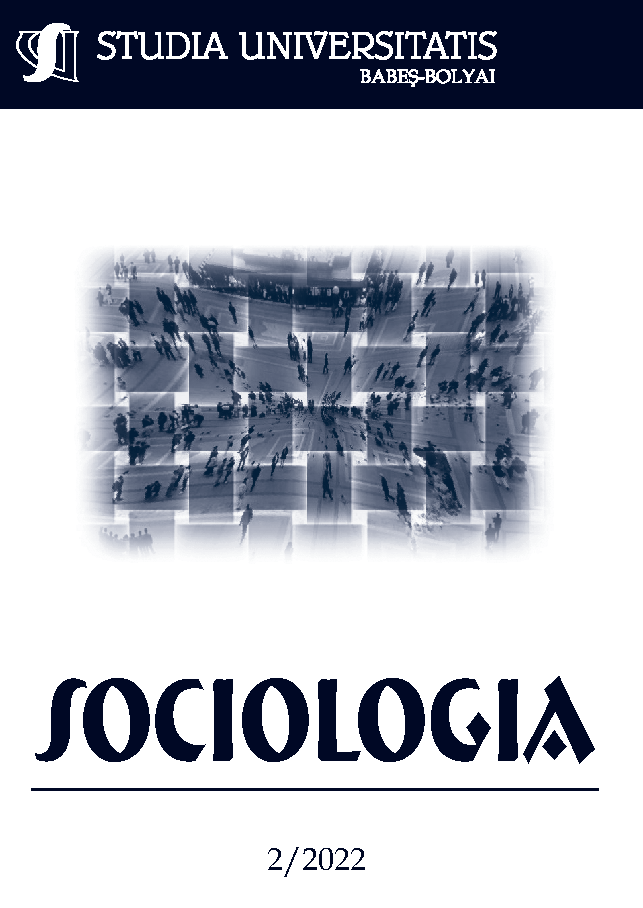THE ELUSIVE RELATIONSHIP OF STATE POWER AND SOCIETAL PEACE: REFLECTIONS ON THE CASE OF KOSOVO
THE ELUSIVE RELATIONSHIP OF STATE POWER AND SOCIETAL PEACE: REFLECTIONS ON THE CASE OF KOSOVO
Author(s): Albana Cerkrezi, Reina Zelenaj Shehi, Festina KabashiSubject(s): Gender Studies, Human Rights and Humanitarian Law, Social Theory, Studies in violence and power, Family and social welfare, Victimology, Sociology of Politics, Globalization
Published by: Studia Universitatis Babes-Bolyai
Keywords: Kosovo; UN; Responsibility to Protect; sovereignty; women; human rights;
Summary/Abstract: Twenty years ago, NATO’s intervention against the Federal Republic of Yugoslavia (FRY), taking place without the approval of the UN Security Council (UNSC), challenged the sovereignty and non-interference norms the UN had perceived as international peace and order, until that moment. While the military action served to question existing principles, it simultaneously examined the effectiveness of non-authorization. Moreover, the Kosovo case stimulated one of the most important UN reforms that transformed the concept of sovereignty from right to responsibility. Conceptually, the Responsibility to Protect (R2P) has largely advanced since then. The transformation shifted the attention from political to sociological peace making society, gender and victims of conflict at the focus of peacebuilding and peace sustaining processes. The juxtaposition of state and societal peace continues in post-conflict Kosovo with both approaches being intermingled: the security debate covers attempts for a peace-building agenda, whereas the formation of a national army is pursued.
Journal: Studia Universitatis Babes-Bolyai - Sociologia
- Issue Year: 67/2022
- Issue No: 2
- Page Range: 39-62
- Page Count: 24
- Language: English

